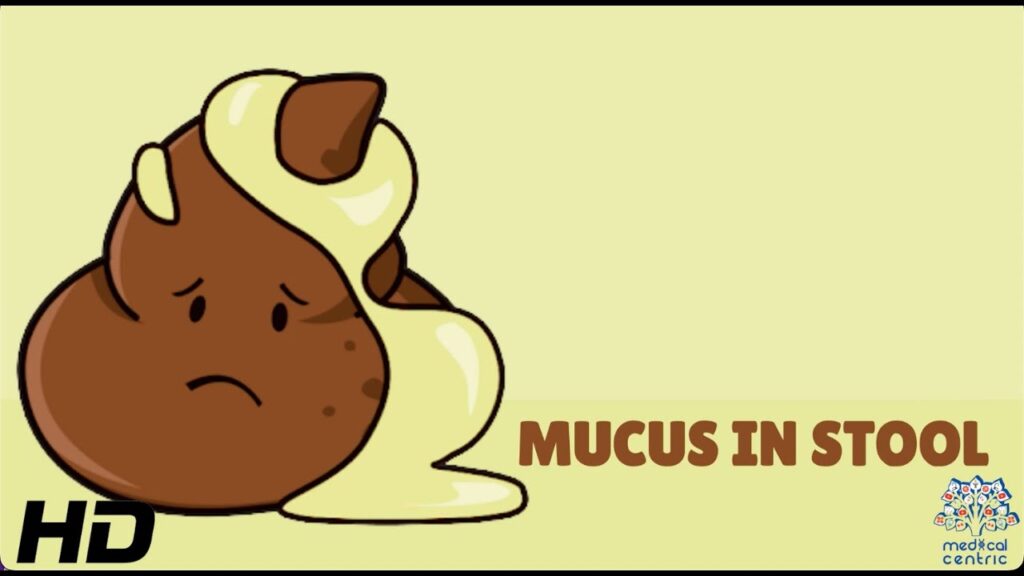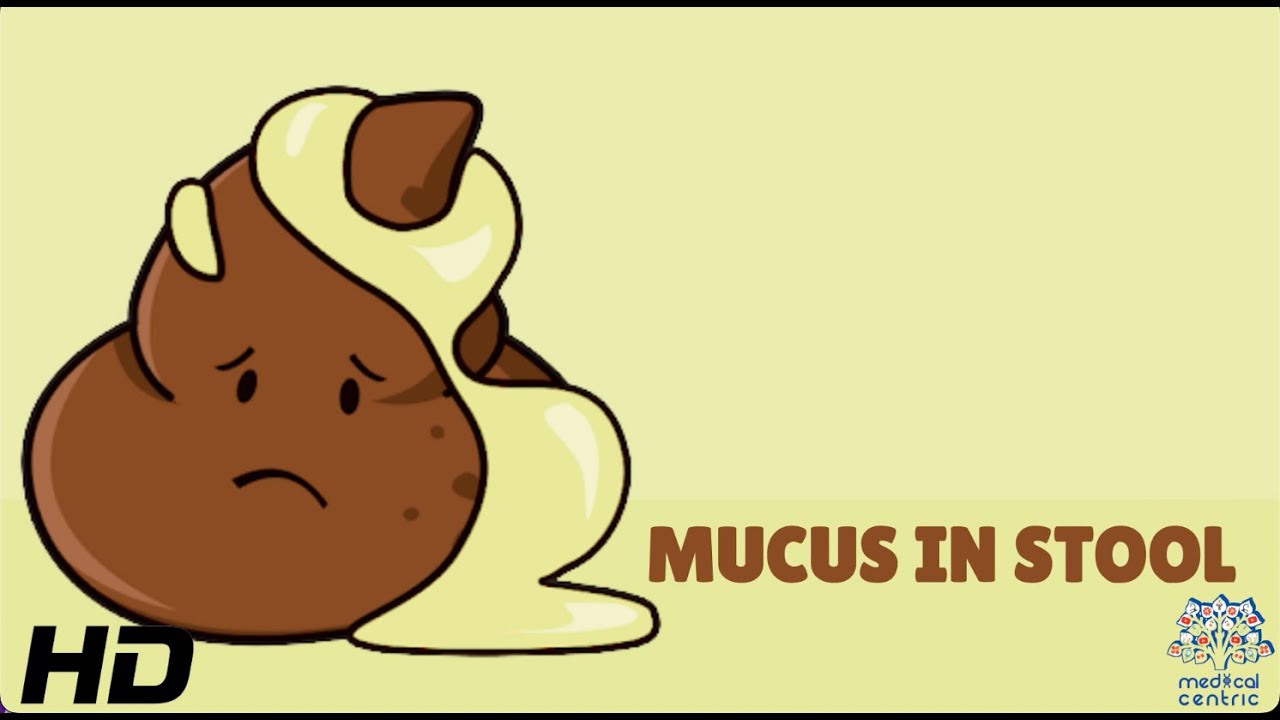
What Does Mucus in Feces Mean? Understanding Causes, Symptoms, and When to Seek Help
Finding mucus in your stool can be alarming. While it’s normal to have a small amount of mucus in feces, a noticeable increase might indicate an underlying health issue. This article delves into the common causes of mucus in stool, associated symptoms, and when it’s crucial to consult a healthcare professional. Understanding the meaning behind mucus in feces is the first step towards addressing any potential health concerns.
What is Mucus and Why is it in Feces?
Mucus is a jelly-like substance produced throughout the body, including the digestive tract. Its primary function is to lubricate and protect the lining of the intestines, facilitating the smooth passage of stool. A small amount of mucus in feces is perfectly normal and often goes unnoticed. However, when the amount increases significantly or is accompanied by other symptoms, it warrants attention. The presence of excessive mucus in feces can signal various conditions, ranging from mild irritations to more serious inflammatory diseases.
Common Causes of Mucus in Feces
Several factors can contribute to the presence of mucus in feces. Here’s a breakdown of some of the most common:
- Infections: Bacterial, viral, or parasitic infections can irritate the intestinal lining, leading to increased mucus production. Conditions like gastroenteritis (stomach flu) often result in temporary increases in mucus in feces.
- Inflammatory Bowel Disease (IBD): IBD, including Crohn’s disease and ulcerative colitis, causes chronic inflammation in the digestive tract. This inflammation can lead to significant mucus production and other symptoms like abdominal pain, diarrhea, and rectal bleeding.
- Irritable Bowel Syndrome (IBS): IBS is a common disorder that affects the large intestine. While IBS doesn’t cause inflammation like IBD, it can still lead to changes in bowel habits and increased mucus in feces. [See also: Understanding IBS Symptoms and Management]
- Food Intolerances and Allergies: Certain food intolerances, such as lactose intolerance or gluten sensitivity (celiac disease), can irritate the digestive system and cause increased mucus production. Allergic reactions to foods can also trigger this response.
- Constipation: Paradoxically, constipation can also lead to increased mucus in feces. The straining associated with constipation can irritate the intestinal lining, resulting in more mucus production to aid in the passage of hard stools.
- Anal Fissures and Hemorrhoids: These conditions, which involve tears or swollen veins in the anus and rectum, can cause inflammation and mucus discharge. The mucus in feces may be accompanied by blood.
- Intestinal Obstruction: In rare cases, a blockage in the intestines can lead to increased mucus production as the body attempts to lubricate the passage. This is a serious condition that requires immediate medical attention.
Associated Symptoms
The presence of mucus in feces is often accompanied by other symptoms, depending on the underlying cause. These symptoms can provide valuable clues to help diagnose the condition. Common associated symptoms include:
- Abdominal Pain: Cramping, bloating, or general discomfort in the abdomen.
- Diarrhea: Frequent, loose stools.
- Constipation: Difficulty passing stools or infrequent bowel movements.
- Rectal Bleeding: Blood in the stool, which can appear bright red or dark and tarry.
- Urgency: A sudden and strong urge to have a bowel movement.
- Weight Loss: Unexplained weight loss, which can be a sign of malabsorption or inflammation.
- Fatigue: Feeling tired or lacking energy.
- Fever: Elevated body temperature, which may indicate an infection.
When to Seek Medical Attention
While a small amount of mucus in feces is usually not a cause for concern, it’s important to seek medical attention if you experience any of the following:
- Significant Increase in Mucus: A noticeable and persistent increase in the amount of mucus in your stool.
- Blood in Stool: The presence of blood, whether it’s bright red or dark and tarry.
- Persistent Abdominal Pain: Abdominal pain that doesn’t go away or worsens over time.
- Changes in Bowel Habits: Significant changes in your bowel habits, such as persistent diarrhea or constipation.
- Unexplained Weight Loss: Losing weight without trying.
- Fever: A fever that accompanies the presence of mucus in feces.
- Weakness or Fatigue: Feeling unusually weak or tired.
It’s always best to err on the side of caution and consult a healthcare professional if you’re concerned about the presence of mucus in feces, especially if it’s accompanied by other symptoms. A doctor can perform a thorough examination and order necessary tests to determine the underlying cause and recommend appropriate treatment.
Diagnosis
To diagnose the cause of mucus in feces, a doctor may perform several tests, including:
- Stool Sample: A stool sample can be analyzed to check for bacteria, parasites, and inflammatory markers.
- Blood Tests: Blood tests can help detect signs of infection, inflammation, and anemia.
- Colonoscopy: A colonoscopy involves inserting a thin, flexible tube with a camera into the colon to visualize the lining and take biopsies if necessary. This is often used to diagnose IBD and other conditions.
- Sigmoidoscopy: Similar to a colonoscopy, but it only examines the lower part of the colon.
- Imaging Tests: Imaging tests, such as CT scans or MRIs, can help visualize the digestive tract and identify any abnormalities.
Treatment Options
The treatment for mucus in feces depends on the underlying cause. Here are some common treatment options:
- Infections: Antibiotics, antivirals, or antiparasitic medications may be prescribed to treat infections.
- IBD: Medications such as anti-inflammatory drugs, immunosuppressants, and biologics are used to manage IBD.
- IBS: Lifestyle changes, such as diet modifications and stress management techniques, are often recommended for IBS. Medications may also be prescribed to manage symptoms like diarrhea or constipation. [See also: Dietary Changes for Managing IBS]
- Food Intolerances and Allergies: Avoiding the offending foods is crucial for managing food intolerances and allergies.
- Constipation: Increasing fiber intake, drinking plenty of fluids, and using stool softeners can help relieve constipation.
- Anal Fissures and Hemorrhoids: Topical creams, sitz baths, and lifestyle changes can help manage these conditions. In some cases, surgery may be necessary.
Home Remedies and Lifestyle Changes
In addition to medical treatment, several home remedies and lifestyle changes can help manage the symptoms associated with mucus in feces:
- Stay Hydrated: Drink plenty of fluids to prevent dehydration, especially if you have diarrhea.
- Eat a Balanced Diet: Focus on eating a healthy, balanced diet rich in fruits, vegetables, and whole grains.
- Avoid Trigger Foods: Identify and avoid foods that trigger your symptoms.
- Manage Stress: Practice stress-reducing techniques, such as yoga, meditation, or deep breathing exercises.
- Probiotics: Consider taking probiotics to help restore the balance of gut bacteria.
Prevention
While it’s not always possible to prevent the causes of mucus in feces, there are some steps you can take to reduce your risk:
- Practice Good Hygiene: Wash your hands frequently to prevent infections.
- Eat a Healthy Diet: A healthy diet can help maintain a healthy digestive system.
- Manage Stress: Chronic stress can negatively impact your digestive health.
- Be Aware of Food Intolerances: Pay attention to how your body reacts to different foods and avoid those that cause problems.
Conclusion
Finding mucus in feces can be concerning, but it’s important to remember that it’s not always a sign of a serious problem. However, if you experience a significant increase in mucus, blood in your stool, or other concerning symptoms, it’s crucial to seek medical attention. Early diagnosis and treatment can help manage the underlying cause and improve your overall health. Understanding what mucus in feces means empowers you to take proactive steps towards maintaining your digestive well-being.

